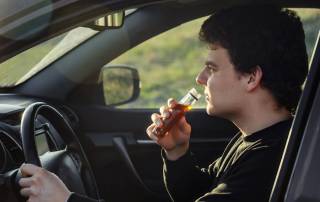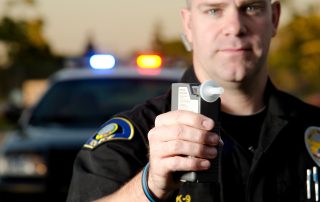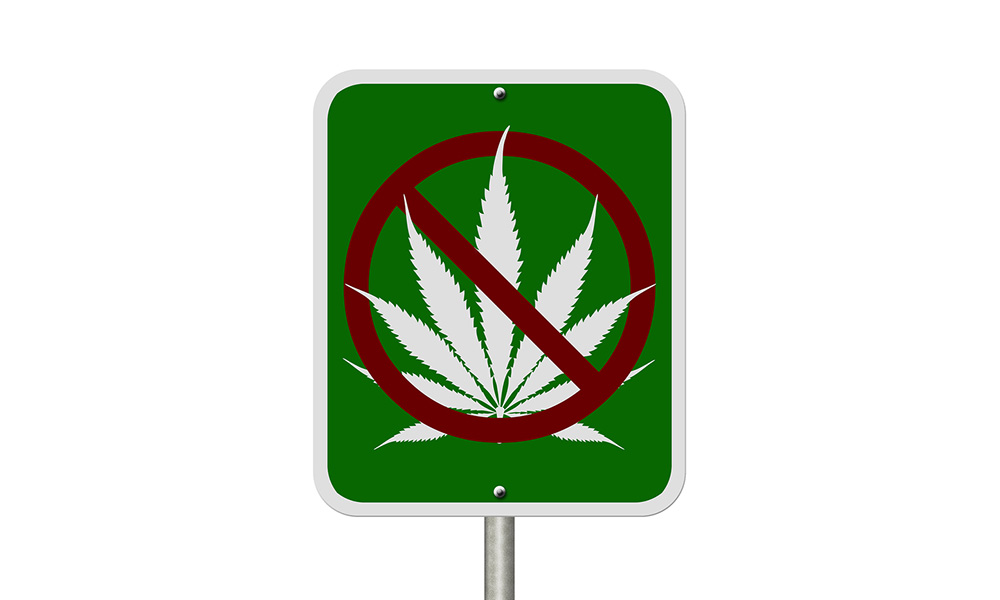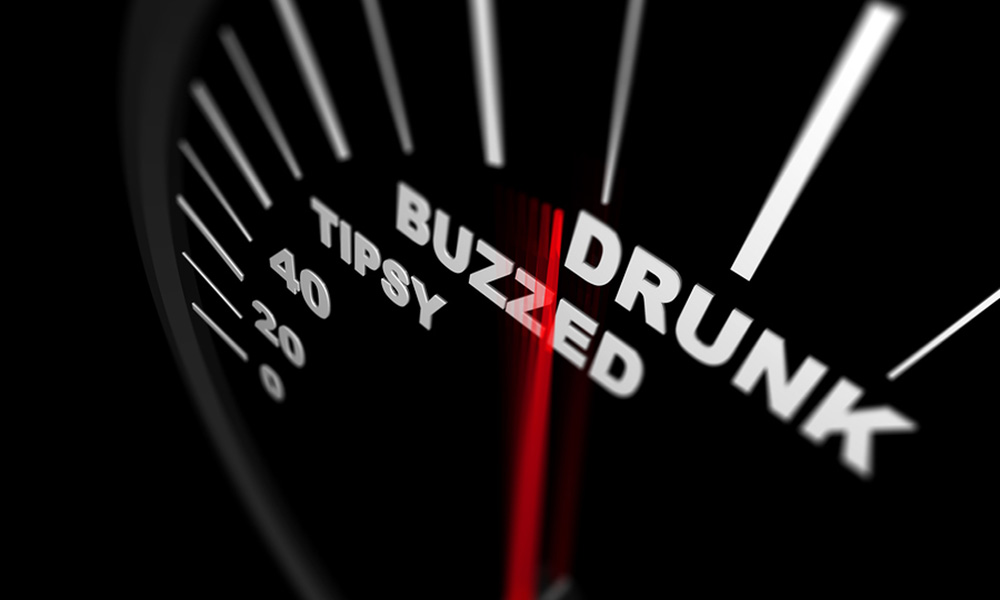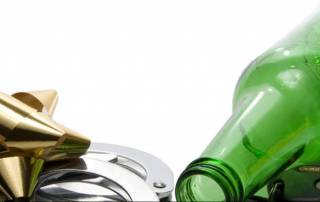What Does the Law Say About Drunk Driving with a Child in the Car?
Being arrested and charged for driving while intoxicated (DWI) can result in severe penalties under Leandra Law. Possible punishments are fines, probation, surcharges, DMV fees, and jail time. The situation becomes worse when you’re charged with a DWI while a child is in the car. You can be charged with a felony for committing a DWI with a child below 16 years in the vehicle.
The law gets its name from Leandra Rosado, an 11-year-old who was killed in a drunk driving accident. First-time offenders can face Class E felony, with a possible sentence of 4 years in prison upon conviction. A skilled Long Island criminal justice attorney who understands that mistakes can happen can provide legal representation to help you beat the charges.
How Do I Get a DWI in New York?
You can face charges for a DWI or DUI if caught driving after consuming drugs or alcohol. If law enforcers find you with a blood BAC of 0.08% or higher, they will charge you with a DWI. You can also face charges for driving while ability impaired (DWAI) if police officers determine you were driving under the influence of drugs.
What Are the Penalties for DWI with a Minor in the Car?
While a DWI with a minor in the car is a Class E felony with a minimum of four years in prison, the sentences can differ depending on a combination of factors. You could face a Class C felony charge if you got into an accident and the child sustained severe physical injuries. Depending on the circumstances, possible penalties can include:
- A mandatory one-year revocation of your driver’s license
- Mandatory installation of ignition interlock device
- A fine of between $1,000 and $10,0000
- A term of 5 years on probation
- Attending a Victim Impact Panel
- A court-ordered surcharge of $520 and a three-year DMV assessment totaling $750
If you were involved in an accident and the child was killed, you risk facing 15-25 years in prison. Defending against DWI charges where a minor is involved can be complex, given that you can face additional charges for endangering a child’s welfare. Consider retaining aggressive lawyers from a Long Island DWI and DUI defense law firm to defend you against the charges.
What Is Endangering the Welfare of a Child?
Parents, guardians, and those entrusted to care for children have a legal responsibility to ensure the minors don’t come into harm. A person who fails to protect a child may face criminal charges for endangering the welfare of a child.
Under Penal Law § 260.10, you can be found guilty of endangering a child’s welfare if you:
- Intentionally act in a manner likely to harm a child aged 16 or younger physically, mentally, or morally
- Direct or authorize a child 16 or younger to engage in an occupation involving substantial danger to their health
- Fail or refuse to exercise reasonable care in the control of a child aged 17 or younger to protect them from abuse, neglect, or juvenile delinquency that requires supervision.
- Deal with a child unlawfully.
- Abandon or neglect a child.
Being charged with a DWI with a child in the car falls under the first category of endangering a child. If facing separate charges in addition to the DWI offense, you could be charged with a Class A misdemeanor, which attracts punishment of up to 364 days in jail upon conviction.
Alternatively, you could be subjected to three years of supervised probation or up to a one-year Conditional Discharge. Fines and mandatory surcharges are also applicable. Lawyers can help you defend yourself against the charges to protect your constitutional rights.
How Can I Defend Myself Against a DWI with a Minor Charge?
Defending yourself against a DWI with a minor in the car depends on the evidence and allegations in your case. Lawyers from a reputable DWI and DUI defense law firm, Long Island, can evaluate your case and determine the best strategy to use in defending. Some aspects they can investigate include the following:
- Did the police inform you of your rights when arresting you?
- Did the police arrest you on probable cause, and can you challenge it?
- Did the police advise you on what could happen if you don’t submit to a chemical test to determine your BAC?
- Were you adequately advised of your rights when you made a statement?
- Were you operating the car or merely resting with the child in the car?
- Is there any evidence that shows you refused to take sobriety tests?
There are plenty of avenues experienced and knowledgeable attorneys from a Long Island DWI and DUI defense law firm can explore in creating a defense strategy if they know what to look for and where to look.
An Experienced Criminal Defense Lawyer Helping You Fight DWI Charges
Leandra’s Law has provisions for steep penalties for people charged with driving while intoxicated with a minor in the vehicle. You risk up to 25 years in jail if the child dies in a crash and various other harsh penalties, depending on the case circumstances. Retaining criminal justice attorneys in Long Island is something you should consider to defend your rights and freedom.
Good people make bad decisions that sometimes land them on the wrong side of the law. If you or your loved one is facing charges for a DWI with a minor in the car, don’t lose hope. The Mirsky Law Firm has aggressive DWI and DUI lawyers who can help you beat the charges. Call us at 516-774-1811 or 718-412-8322 to schedule a FREE consultation.





